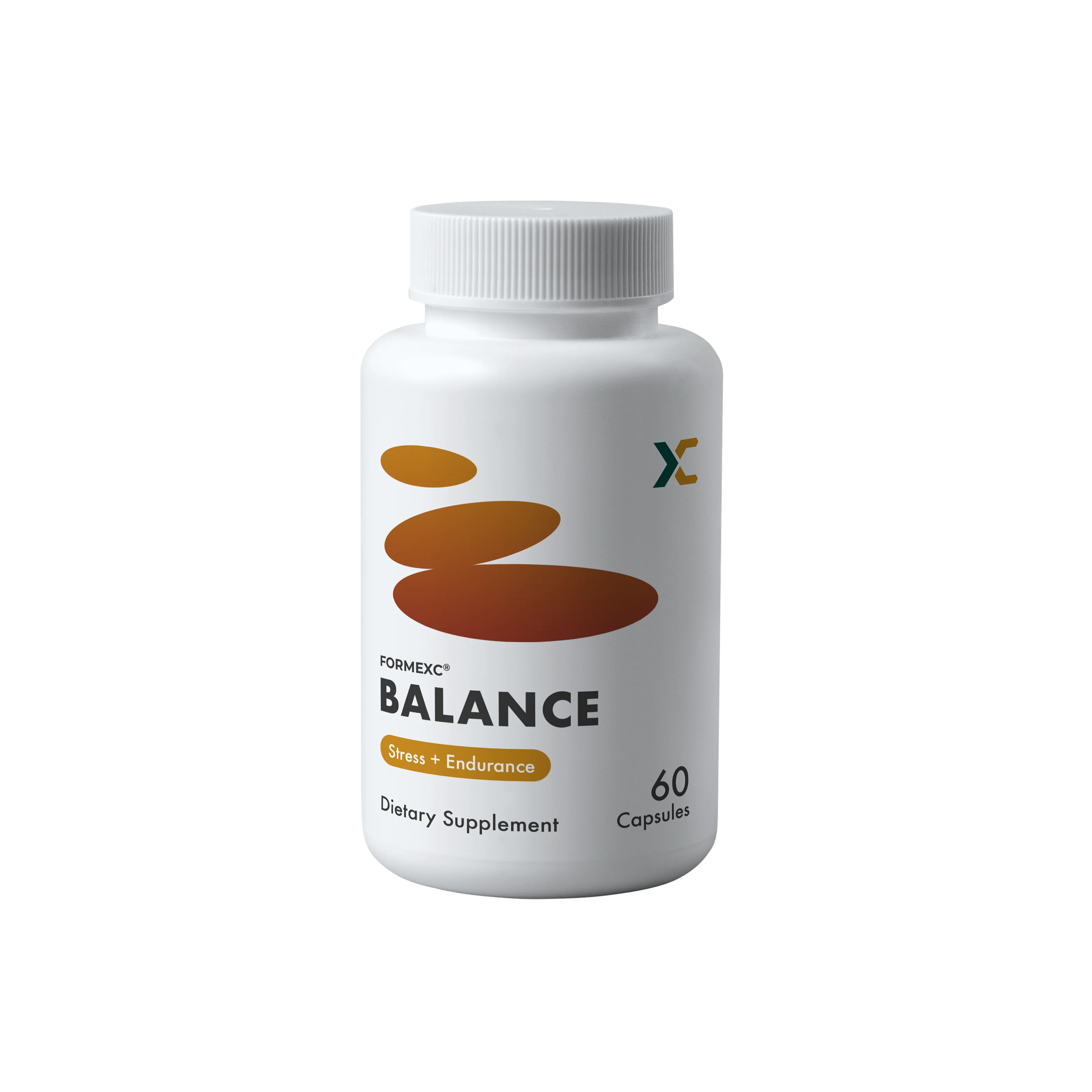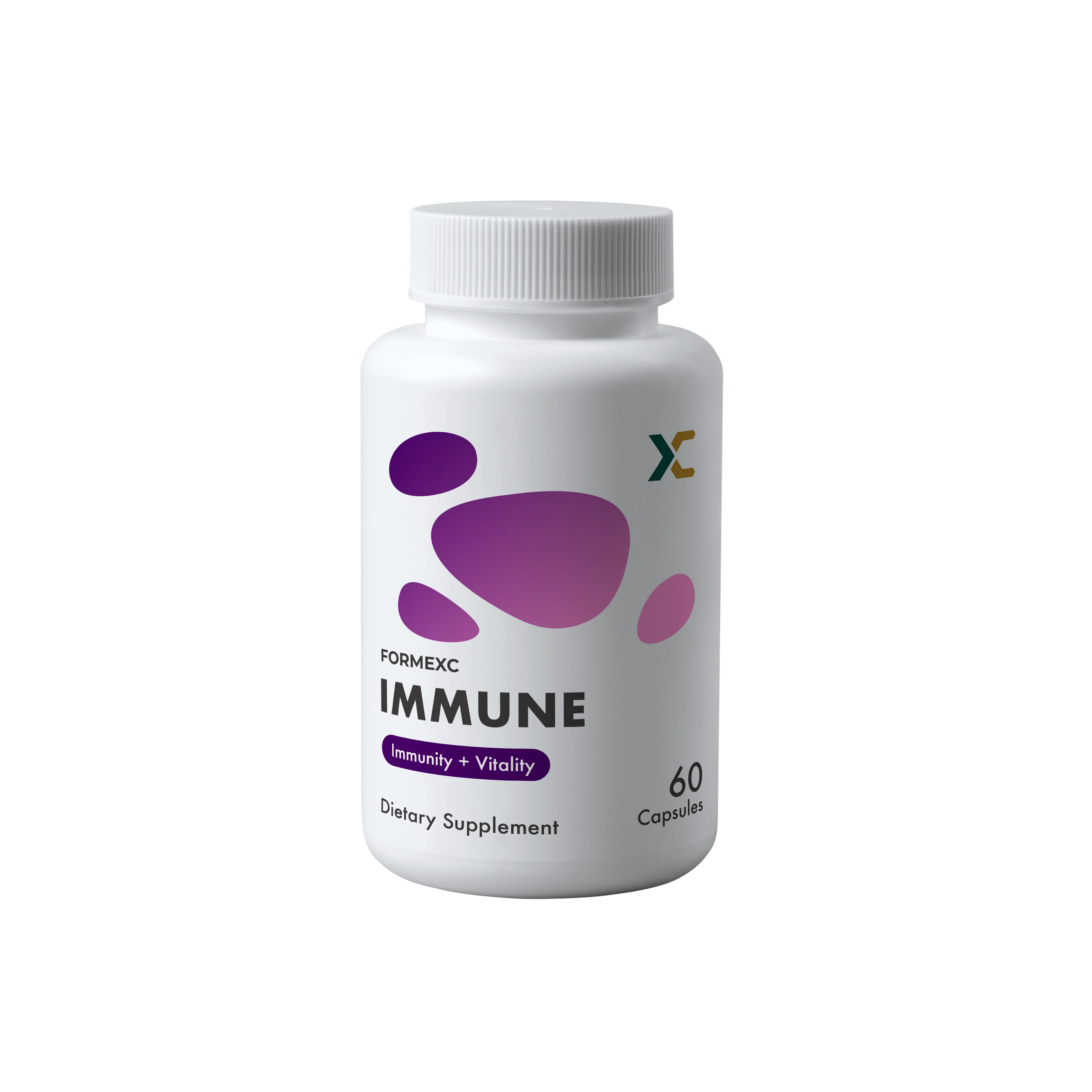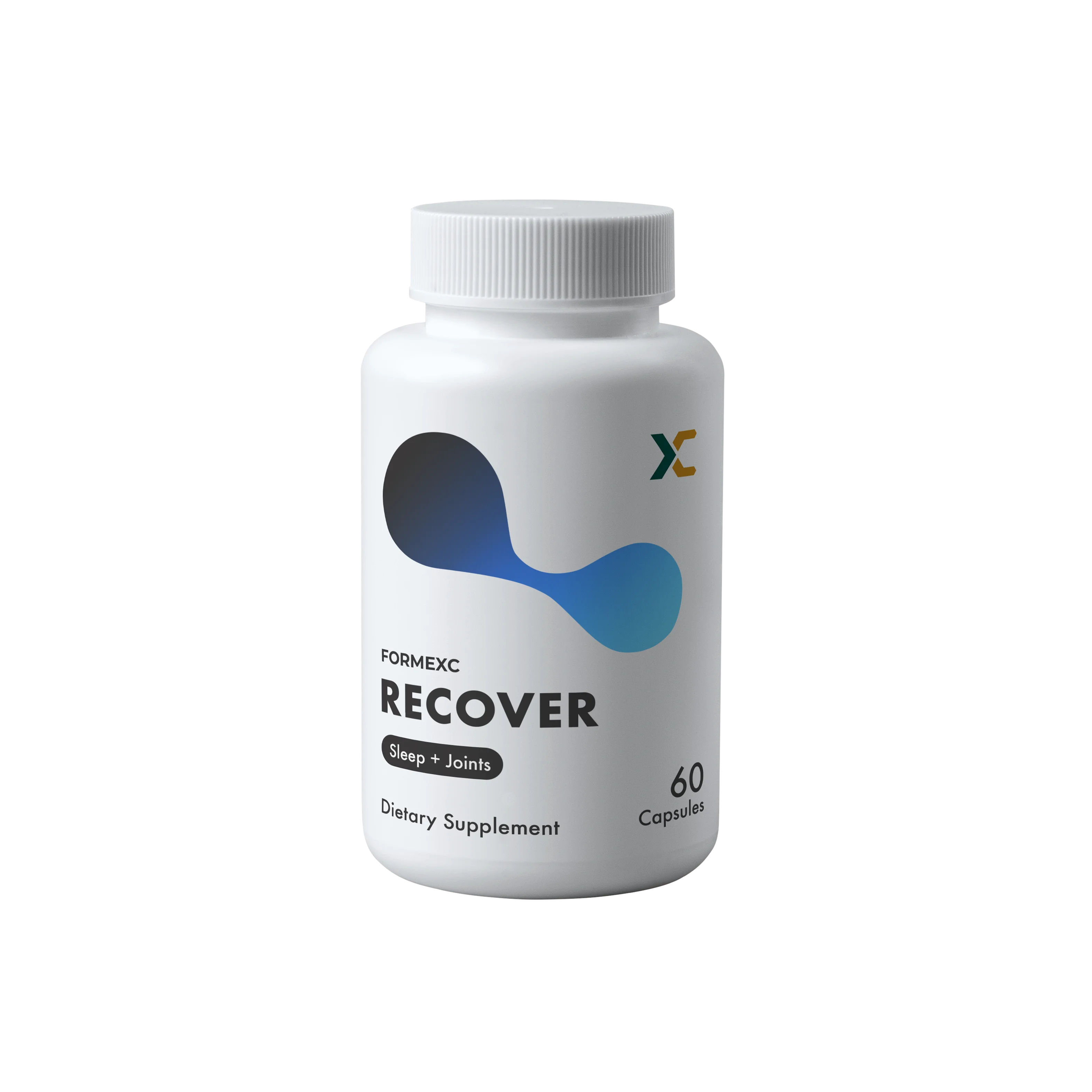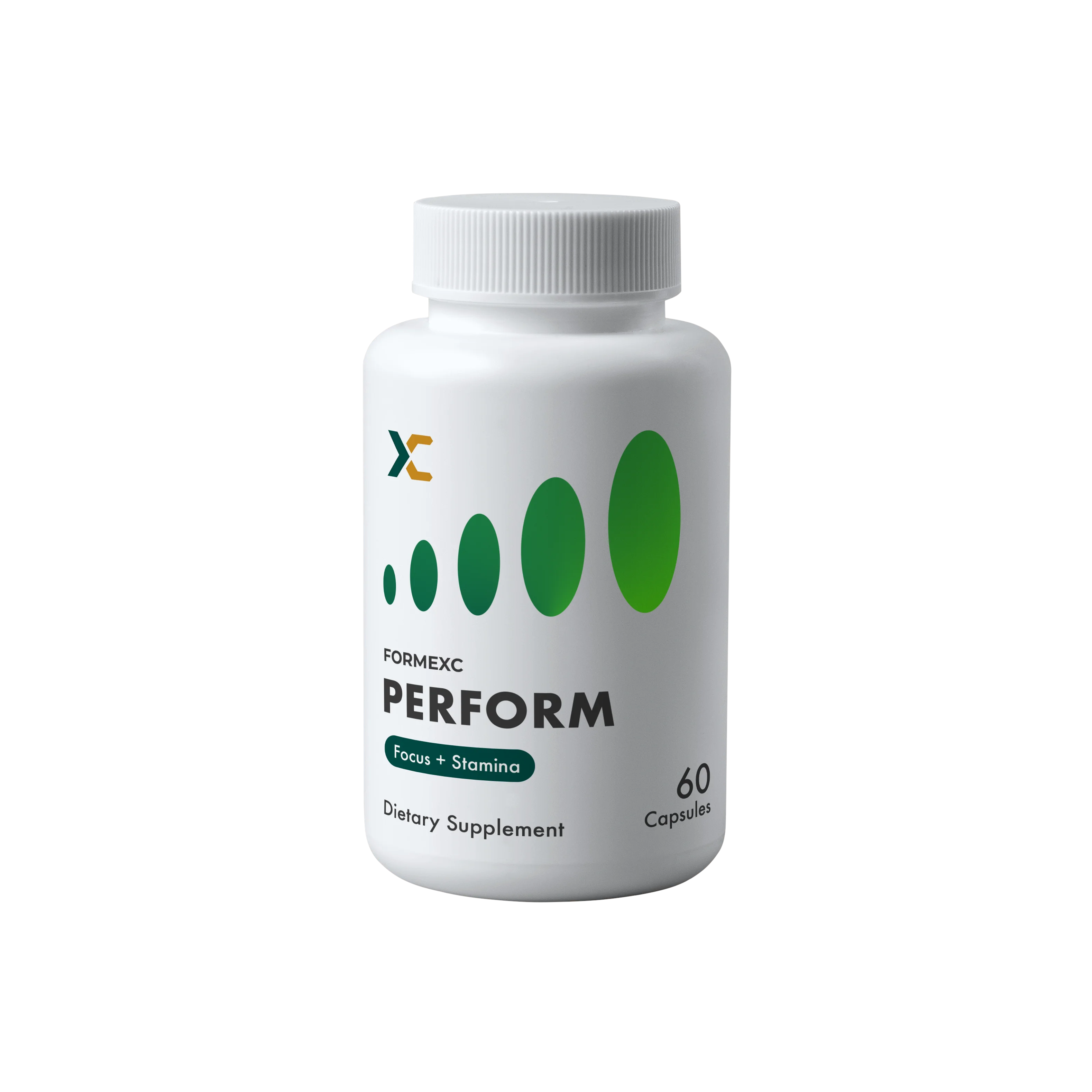The Silent Mineral Behind Peak Human Performance
You may be tracking your macros, calculating your creatine, and timing your protein with precision—but are you overlooking one of the most vital minerals for performance, recovery, and resilience?
Zinc.
Often overshadowed by the flashier names in the supplement world, zinc is the quiet cornerstone of immune strength, hormonal health, recovery speed, and metabolic stability. For professional and world-class athletes, optimising zinc intake isn’t just a good idea—it could be the missing link to marginal gains that separate gold from silver.
Let’s take a deep dive into the science-backed importance of zinc for athletes who take performance—and longevity—seriously.
1. Zinc: More Than Just a Trace Mineral
Zinc is an essential micronutrient involved in over 300 enzyme reactions and 1000 transcription factors. It plays a pivotal role in:
- Protein and DNA synthesis
- Wound healing and tissue repair
- Immune function
- Hormone regulation
- Bone health
- Neurotransmitter production (like serotonin and melatonin)
- Insulin sensitivity and blood sugar regulation
For athletes, this translates directly into faster recovery, sharper cognition, more stable energy, and a stronger immune defence during periods of stress, overtraining, or competition travel.
2. Zinc and Immunity: Your Internal Defence System
Training hard is a double-edged sword—it boosts fitness but suppresses immunity. Zinc helps your immune system recover and adapt by:
- Supporting the activity of natural killer cells, macrophages, and T-cells
- Enhancing thymulin, a zinc-dependent hormone that supports T-cell maturation
- Increasing cytokine response to infection
- Shortening the duration of colds and respiratory infections, especially in zinc-deficient individuals
A 2020 study on COVID-19 showed zinc-deficient individuals had worse outcomes, reinforcing its essential role in infectious disease resistance.
For elite athletes exposed to travel, close quarters, and intense training, zinc is an immunity multiplier.
3. Zinc and the Endocrine System: Testosterone, Thyroid, and Beyond
Zinc has been directly linked to the health of your endocrine system, including:
- Testosterone Production: Zinc deficiency reduces testosterone and luteinising hormone (LH), impacting libido, strength, and recovery. Correcting a deficiency can restore levels in as little as 6–12 weeks.
- Thyroid Function: Zinc activates the T3 receptor, and deficiency is linked with hypothyroidism, fatigue, and impaired thermoregulation.
- Adrenal Balance: Zinc helps regulate cortisol levels, which means better stress tolerance and improved recovery from high-intensity training.
For male athletes especially, zinc is critical for hormonal resilience and optimal anabolic signalling.
4. Zinc and Performance: From Glucose Control to Muscle Recovery
Zinc helps regulate glucose metabolism, making it a key mineral for insulin function. In zinc-deficient individuals, studies have shown:
- Impaired glucose tolerance
- Reduced insulin sensitivity
- Greater oxidative stress and inflammation
- Slower wound healing and reduced collagen synthesis
Zinc is also lost through sweat—especially during intense training or endurance events in hot climates. Athletes can lose up to 5 mg of zinc per day through sweat alone, increasing risk of deficiency and reducing recovery capacity.
If you’re struggling with fatigue, slow healing, or blood sugar crashes, zinc might be the underlying factor.
5. Zinc Deficiency: Signs Athletes Mustn’t Ignore
Subclinical zinc deficiency is far more common than you’d expect—especially among athletes, vegetarians, and those with high sweat rates or gut issues.
Symptoms of deficiency include:
- Frequent infections or colds
- Hormonal imbalances (low testosterone, thyroid dysfunction)
- Loss of taste/smell
- Skin issues (acne, eczema, psoriasis)
- Impaired cognition, learning, or motivation
- Poor wound healing
- Digestive issues (diarrhoea, leaky gut)
- Hair loss or brittle nails
This isn’t just theoretical—clinical studies have repeatedly shown performance improvements in zinc-deficient athletes once supplementation is introduced.
6. Optimising Zinc Intake: How Much, When, and With What?
Daily Targets for Active Individuals:
|
Group |
Target Daily Zinc Intake (from food + supplements) |
|
General population (men) |
11–15 mg/day |
|
Active men |
20–30 mg/day |
|
Vegetarian athletes |
Up to 40 mg/day |
|
High-sweat athletes or endurance sports |
30–50 mg/day |
|
Short-term immune support |
75–200 mg/day (max 1–2 weeks) |
Best Absorbed Forms:
- Zinc bisglycinate
- Zinc picolinate
- Zinc citrate
- Zinc gluconate (often used in cold lozenges)
- Zinc methionine
Avoid zinc oxide—it’s poorly absorbed.
7. Zinc in Food: The Best Dietary Sources for Athletes
| Food | Zinc per 100g |
|
Oysters (raw) |
39 mg |
|
Beef liver |
12 mg |
|
Beef (ground, cooked) |
8.6 mg |
|
Pumpkin seeds |
7.8 mg |
|
Chickpeas |
2.5 mg |
|
Cashews |
5.6 mg |
|
Eggs |
1.3 mg |
Meat, shellfish, and organ meats are zinc-dense and highly bioavailable. Vegetarian diets high in phytates (found in grains and legumes) can significantly reduce zinc absorption—up to 50% less bioavailability.
So, if you’re on a plant-based diet, your zinc needs may be up to 1.5x higher.
8. When to Supplement Zinc: Strategic Scenarios for Athletes
- During heavy training blocks to support recovery and immunity
- When fighting off a cold or flu (lozenges every 2–3 hours, up to 80–100 mg/day temporarily)
- If eating a high-phytate or vegetarian diet
- During high-heat training or extended endurance efforts
- Post-surgery or injury to speed wound healing
- Periods of low testosterone or thyroid dysfunction
Remember: Supplementation should be short-term and strategic, unless you’re correcting a deficiency under clinical guidance.
9. Zinc Balance: Too Much of a Good Thing?
Like all minerals, more isn’t always better.
Zinc doses above 50 mg/day for prolonged periods without copper can suppress immunity, decrease HDL (“good”) cholesterol, and impair iron metabolism. Doses above 150–200 mg/day may cause nausea, vomiting, or even immune suppression.
Aim to get most of your zinc from a nutrient-dense diet—and use supplements tactically, like a performance lever.
Conclusion: Zinc as Your Competitive Edge
For world-class athletes, margins matter. Zinc may not be as sexy as creatine or as hyped as pre-workout, but it is fundamental to:
- Immune protection during travel and competition
- Recovery and tissue healing
- Hormonal stability and energy
- Metabolic control and fat loss
- Cognitive sharpness and mood
Whether you’re training for Olympic gold, Champions League glory, or a personal best, zinc might be the mineral you’re missing.
Click here to explore Formexc products, formulated with natural and organic ingredients to support your physical health, mental well-being, and performance.
Use the code "NEW10" to get 10% off your first order.
Did you find this article useful? Share it with a friend and spread the love for healthy living.
Your success fuels our motivation.
Love,
Team Formexc 💚💛

